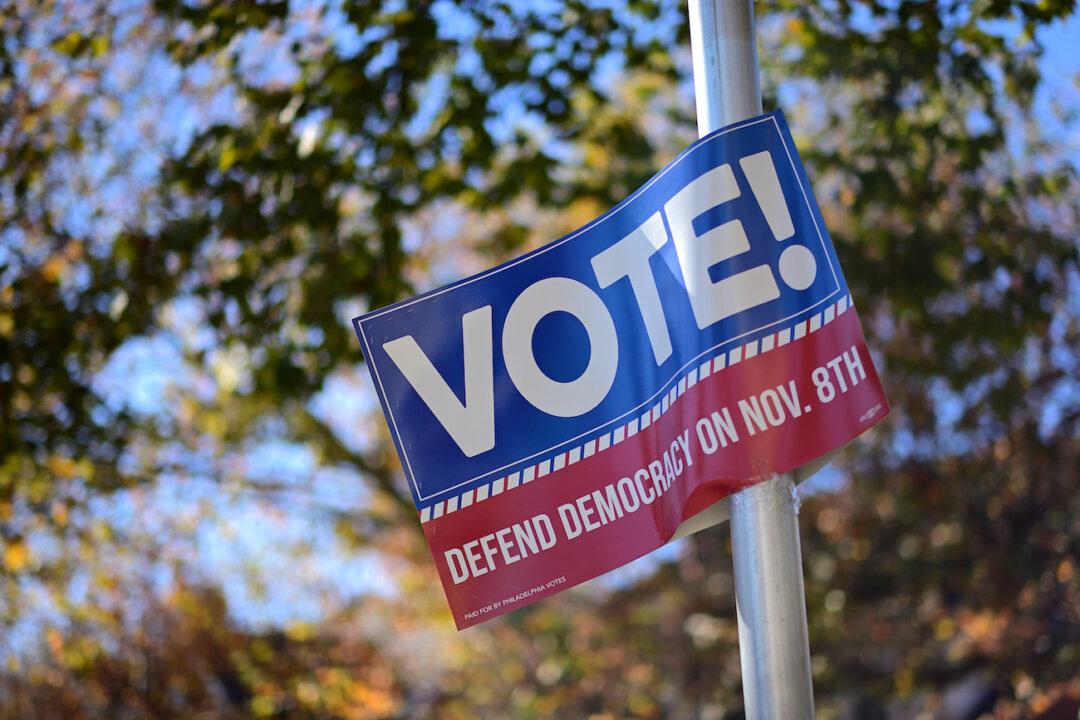Commentary
So far as I know, I’ve never met Kerrie Gillis, but I get an e-mail from her practically every day, urging me to subscribe to the new New Republic (or TNR as it seems to prefer to be known), the monthly magazine of which she is the publisher. I am honored with this invitation, I assume, because I was a subscriber long ago, when the old New Republic was still a serious weekly magazine worth reading, even when one disagreed with it.





